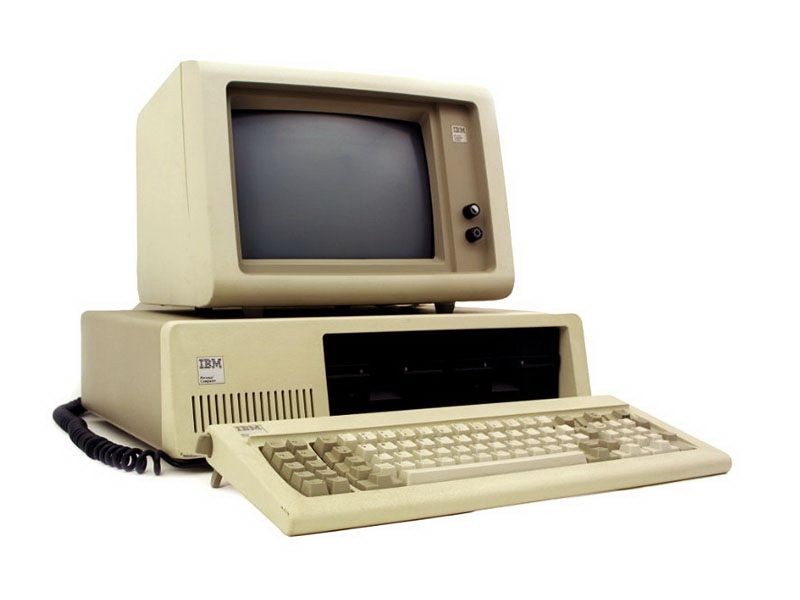George HW Bush was running for a second term when Bill Clinton ran for office. Clinton's platform was a "new democrat," full of new ideas and opportunities for everyone. His speech during the Democratic Convention speaks strongly of the themes of his campaign.
"...A government that is leaner, not meaner; a government that expands opportunity, not bureaucracy; a government that understands that jobs must come from growth in a vibrant and vital system of free enterprise.... We offer opportunity. We demand responsibility. We will build an American community again. The choice we offer is not conservative or liberal. In many ways, it is not even Republican or Democratic It is different. It is new. And it will work" (History Alive).
Although Bush had an early advantage, the recession hit those numbers hard. As the economy shriveled so did his popularity, and because of Clinton's focus on opportunity, especially in the market, Clinton was able to gain voting ground.
The second reason Clinton was able to win was a third party candidate: Ross Perot. It split the conservative vote between Perot and Bush and gave Clinton the margin he needed to win.
Works Cited
Hart, Diane, and Bert Bower. "57.3 Bill Clinton: A New Democrat in the White House." History
Alive!: Pursuing American Ideals. Rancho Cordova, CA: Teachers' Curriculum Institute, 2013. 652-55. Print.










